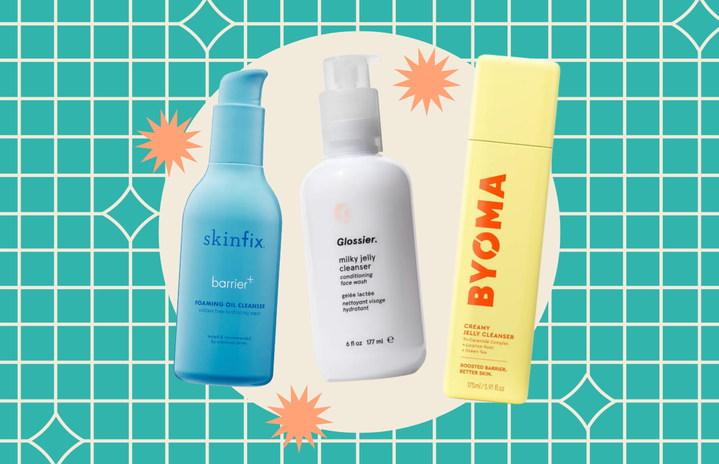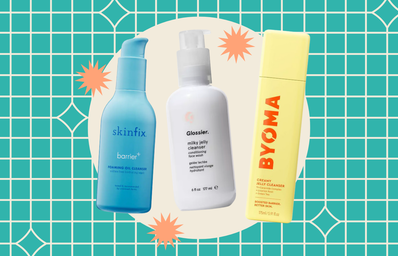Recently, my personal interest in skin care and maintaining healthy skin increased significantly. I am beginning to focus more on my skin care routine and aim to understand the benefits and impacts of certain products. I consulted my dermatologist asking for recommendations to reduce acne and help treat residual scars from previous flare-ups. One of the main products she recommended was a retinol-based cream. Determining the benefits or potentially negative effects of retinol use was a necessary step in my journey.
Retinol is essentially a vitamin A supplement. Vitamin A is an essential nutrient, which means the body cannot produce this vitamin on its own and it must be obtained through other sources (Mukherjee et al. 2006). In addition, Vitamin A plays a major role in skin health and healing. By promoting cell differentiation and growth, retinol is a powerful treatment option for skin conditions such as acne (National Institutes of Health; Polcz and Barbul 2019).
Retinol creams have clinically shown improvements in skin health by decreasing wrinkles, boosting cell growth, reducing residual acne scars, and assisting with skin maintenance (Mukherjee et al. 2006). Topical retinol creams are effective treatment agents for acne. Such ointments decrease visible primary lesions, including pustules or pimples, and secondary lesions, such as scars or hyperpigmentation. Furthermore, the topical treatment method prevents the formation of new lesions and acts against the inflammatory pathways associated with acne. Initially, as the skin adjusts to the introduction of a retinol lotion, it may become dry and irritated. This side effect eventually subsides after the first couple weeks of continued use as the benefits become noticeable (Leyden at al. 2011).
Retinol has also been clinically proven to elicit anti-aging effects. One study found noticeable improvements to fine wrinkle lines and evenness in skin tone after 12 weeks of retinol application. Additionally, the participants in the study did not experience skin irritation after long-term use (Bellemère et al. 2009). Topical retinol creams provide irrefutable improvements for a wide variety of skin conditions and are an important component of skin care.
From personal experience, I have found this all to be very true. I currently use a prescribed adapalene gel every night and I have already noticed significant improvements to my skin! I have also focused on applying a tinted sunscreen moisturizer every morning. I feel like the sunscreen adds an extra layer of protection and the tint adds the perfect level of coverage and glow. I highly recommend visiting a dermatologist to figure out the best skin care routine for you!
References
Bellemère, G., Stamatas, G.N., Bruère, V., Bertin, C., Issachar, N., & Oddos, T. (2009). Antiaging Action of Retinol: From Molecular to Clinical. Skin Pharmacology and Physiology, 22(4), 200-209
Leyden, J., Stein-Gold, L., & Weiss, J. (2017). Why Topical Retinoids are Mainstay of Therapy for Acne. Dermatology and Therapy, 7(3), 293-304
Mukherjee, S., Date, A., Patravale, V., Korting, H.C., Roeder, A., & Weindl, G. (2006). Retinoids in the treatment of skin aging: an overview of clinical efficacy and safety. Clinical Interventions in Aging, 1(4), 327-348
National Institutes of Health. (2023). Vitamin A and Carotenoids. U.S. Department of Health and Human Services
Polcz, M. & Barbul, A. (2019). The Role of Vitamin A in Wound Healing. Nutrition in Clinical Practice, 34(5), 695-700


